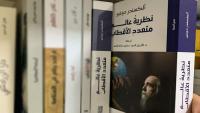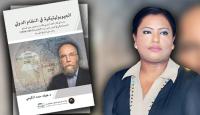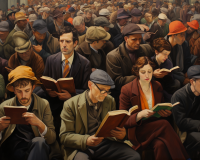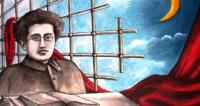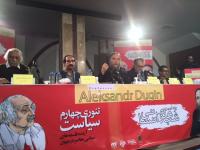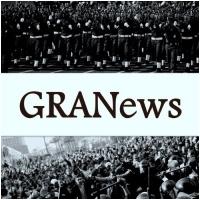قراءة في كتاب: "نظرية عالم متعدد الأقطاب"
يوضح المؤلف أهمية نشر كتاب "نظرية عالم متعدد الأقطاب" باللغة العربية، كونه "يُمثّلُ سلاحًا مفاهيميًّا للمرحلة الأخيرة من نضال العالم الإسلامي من أجل الاستقلال عن العمليات الاستعمارية وما بعد الاستعمارية"، الأمر الذي يُبرز بشكل مباشر أهمية المفاهيم وضرورتها في سياق الصراعات العالمية وتحوّل النظريات من "القطبيّة الأحاديّة" إلى "التعدّدية القطبية"، ما يجعل نظرية تعدد الأقطاب، موضوع الكتاب، تنظر إلى الحضارات بشكل مترابط من جهة، وتجعل من نتائج هذه النظرية ظهورًا فاعلًا جديدًا في العلاقات الدولية، أو بما يُعرف بأنه "الدولة – الحضارة" التي تتخطّى "الدولة القوميّة" للوصول إلى "نتاج تكامل" دول مختلفة تنتمي إلى حضارة مشتركة من جهة ثانية.

